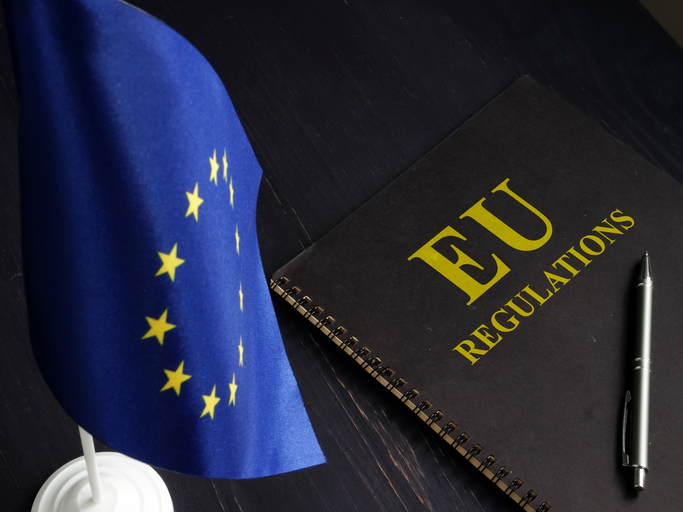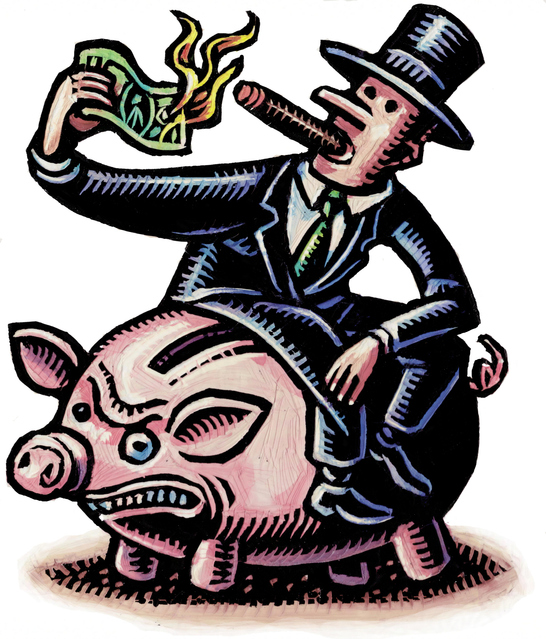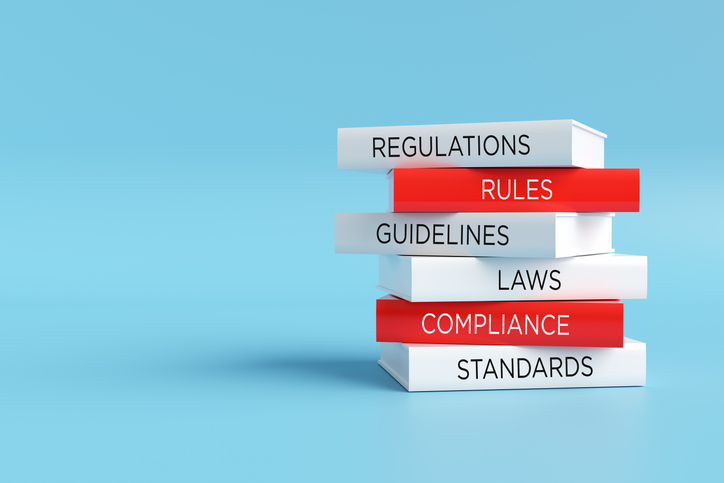On the evening of Monday 8 September 2025, the French National Assembly emphatically expressed its lack of confidence in Prime Minister François Bayrou and his proposed budget (364 votes against, 194 in favour and 15 abstentions). The Prime Minister’s defeat was inevitable, Bayrou having failed to compromise on a highly unpopular budget despite heading a minority government. Thirteen members of one of the governing parties (the Republicans) even voted against him. Bayrou did not have to call this vote. In doing so he wilfully chose the date of his own departure and set a sorry new record: the first time in the Fifth Republic that a Prime Minister has lost a vote of confidence.
How to grasp all this? For a start, the austere budget was never likely to win votes, let alone hearts and minds. It even proposed scrapping two bank holidays – in France! Bayrou’s argument – that it was immoral to place such a heavy debt burden on France’s youth – did not convince, and his failure points to deficiencies in his political skills, not to mention the limitations of the dogged centrism that he has practised for so many decades. Even had Bayrou (and before him, Prime Minister Michel Barnier) been a consummate tactician with a magic wand, the scene was never going to transform into a more workable version of itself: the problems go much deeper.
For example, French political culture leans towards the confrontational, to put it mildly, both in and outside parliament. On the agenda for this month of September alone is a day of stoppage – of everything (Bloquons tout) – this week, and a further, more conventional day of street demonstrations, protest and strike action pencilled in for the 18th. It could even be argued that political culture and style are all that really differentiate France’s political woes from those of its fellow western democracies. If we take the case of the UK, the two neighbours share and mirror so much discomfort and difficulty: unsustainable public debt; looming pressures from increased security and defence spending on an already strained public purse; volatile voters, many angry and/or in despair on many fronts (immigration, climate change and/or its mitigation, Gaza, structural inequalities); and populist – and popular – figures promising easy solutions, if not salvation.
In France, moreover, those siren voices on both left and right tap into another characteristic strain of French political thinking, namely the quest for a programmatic alternative to neoliberal, globalist capitalism. France has indeed suffered badly from the deindustrialisation wrought by globalisation, and, as my recent book explains, has long been critical of ‘laissez-faire, ‘Anglo-Saxon’-style political economy’. But as far back as 1981, President François Mitterrand’s experiment of ‘socialism in one country’ ended after barely 24 months in a U-turn back to monetary orthodoxy, sowing the seeds of the decline of the today’s French Socialist Party (PS). Could France really try and go it alone again? It seems unlikely, not least since, as in the UK, piecemeal thoughts of loosening international constraints (for example on aspects of migration) are currently accompanied by moves towards more international collaboration (such as to support Ukraine).
So, what next? President Macron chose to appoint a new Prime Minister within 24 hours. Sébastien Lecornu was serving defence minister and, in fact, a minister in all of Macron’s governments since 2017. His instructions from Macron were to perform a miracle: get the country’s parties to agree to work together and bring an end to the instability. Lecornu is clearly experienced at working with the President which will be a plus. It will also be his biggest headache: by picking someone from his own camp, Macron has yet again given the impression of ignoring the results of the 2024 elections in which the left-wing coalition Nouveau front populaire won the highest number of Assembly seats (193), and Marine Le Pen’s Rassemblement national was returned as the single largest party (123 seats). Lecornu therefore starts off on the back foot, prey to tactical manoeuvring and horse-trading from the parties, and the target for popular discontent.
Given all this, does the current cycle of stasis and confusion signal that France has a regime problem? Not really: had Macron not tested the electorate in snap elections last year, the situation would be less acute. Furthermore, the constitution can already accommodate a reset towards more parliamentary democracy (which could include a reform of the voting system), if desired, as Macron originally did. But presidential hopefuls, the first and loudest of which is Marine Le Pen, do not actually want this. France’s gilets jaunes and ‘blockers’, for their part, point to a systems failure and take their destiny into their own hands through direct action.
Much is made in contemporary democratic politics of the importance of narrative and storytelling to convey what used to be called vision or, in the French case, a projet. Lecornu will not be implementing any grand, schematic change any time soon; perhaps Macron’s successor will mobilise the country in startling new directions. Either way, France’s citizens, their communities and ordinary champions, will keep finding ways to express their stories, hopes and ideas that, in the long term, will determine France’s future.






